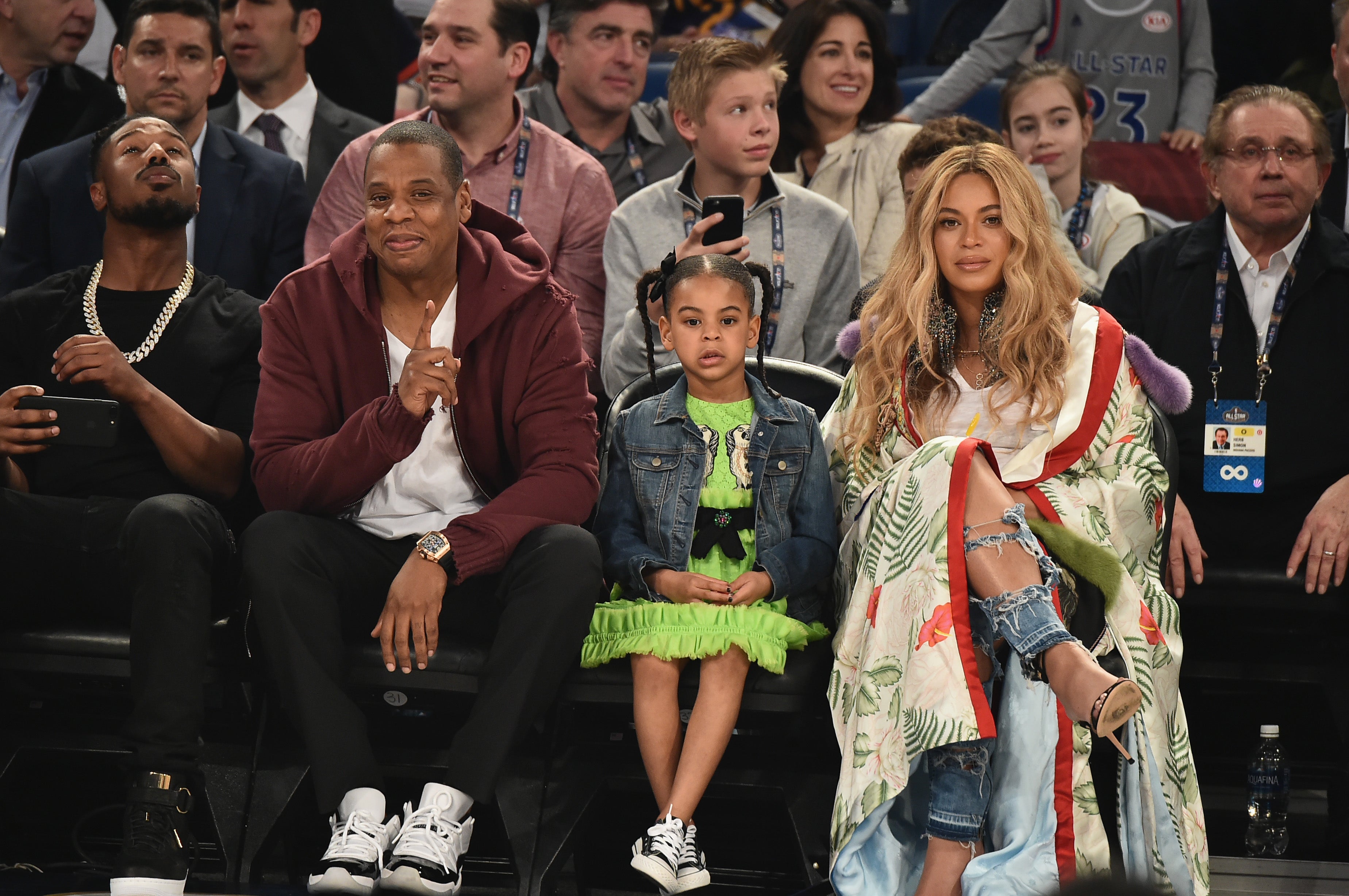
Last June, JAY-Z and Beyoncé welcomed their twins Rumi and Sir Carter. Joining their 5-year-old daughter, Blue Ivy Carter, the family of five bought a home in Los Angeles and remained in the spotlight.
In a sit down interview with T The New York Times Style Magazine, JAY-Z talks about how children can often have an unrealistic outlook on life when they benefit from their parents’ success. But despite the perks of being the youngest Carters, the 47-year-old rapper plans to raise conscious children in spite of that.
“There’s a delicate balance to that, right?,” JAY-Z told T Magazine. “Because you have to educate your children on the world as it exists today and how it got to that space, but my child doesn’t need the same tools that I needed growing up. I needed certain tools to survive my area that my child doesn’t need. They’re growing up in a different environment.”
“But also they have to know their history. Have a sense of what it took to get to this place. And have compassion for others. The most important thing I think out of all this is to teach compassion and to identify with everyone’s struggle and to know these people made these sacrifices for us to be where we are and to push that forward — for us. I believe that’s the most important thing to show them, because they don’t have to know things that I knew growing up. Like being tough.”
The Bedford Stuyvesant-raised rapper released his first album, Reasonable Doubt, at the age of 26 in 1996. Since then he’s performed all over the world, run a music label, owned a basketball team and been nominated for 74 Grammys —of which he’s won 21. And his wife is equalling as successful, which begs the question how can they keep their children humble?
“You have to educate your children on the world as it exists today and how it got to that space, but my child doesn’t need the same tools that I needed growing up,” he said. “I needed certain tools to survive my area that my child doesn’t need. They’re growing up in a different environment. But also they have to know their history —have a sense of what it took to get to this place. And have compassion for others.”
“The most important thing I think out of all this is to teach compassion and to identify with everyone’s struggle and to know these people made these sacrifices for us to be where we are and to push that forward — for us. I believe that’s the most important thing to show them, because they don’t have to know things that I knew growing up. Like being tough.”